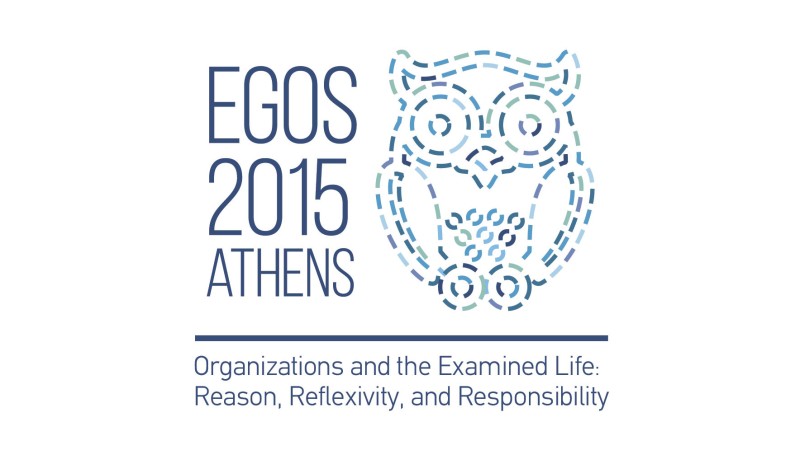Sub-theme 38: Internationalization of SMEs: Actors, Processes and Practices
Call for Papers
Small and medium enterprises (SMEs) constitute the largest category of firms. They are crucial to economic sustainability,
due to their employment generation, agility and innovativeness (European Commission; 2010). With globalization, SMEs have
to develop their distinctive and dynamic capabilities and use them effectively to compete against other companies in a range
of markets, regardless of size. As well as their significance to developed economies, SMEs play an increasingly important
role in the process of export-led industrialization in the developing world (Wagnaraja, 2003).
Many aspects of
SME internationalization remain under-researched, with particular regard to SMEs from emerging economies. One concerns how
SME managers decide on whether and how to internationalize and the role that access to information and social networks play
in this process (Child & Hsieh, 2014). Another relates to constraints on SMEs from becoming involved in exporting and
the problems faced by existing exporters moving into new markets. Thirdly, recent investigations have indicated that the pathways
of SME internationalization are more varied and complex than hitherto realized, with respect to features such as the timing
of initial entry into international markets, the spread of foreign markets served, and phases of increasing or decreasing
commitment to foreign markets. The question of the factors which account for such pattern variation, and its performance consequences,
opens up another field of inquiry (Kuivalainen et al., 2012).
This sub-theme aims to generate interdisciplinary
exploration of SME internationalization from a variety of perspectives:
- the cognitive, for example: how is internationalization understood? What information do key actors in SMEs use in deciding to expand abroad?
- the processual, for example: how are decisions to internationalize actually made? How do we account for different patterns of SME internationalization?
- the relational, for example: what network attachments support internationalization? Do international market expansion and networking co-evolve?
Both conceptual and empirical
contributions are welcome.
We look forward to receiving papers exploring some of the following questions (the
list is not intended to be exhaustive):
- How do SME decision-makers interpret "internationalization" – what is its meaning and perceived relevance to them?
- What motives do SMEs have to internationalize and to choose different modes of doing so?
- Why and how do SMEs make decisions about internationalization?
- What is the impact of internationalization decision mode on decision outcomes?
- How do SMEs chose partners and engage in networks?
- How do they attempt to manage risks related with international activities?
- How do they use resources in the process of internationalization?
- What support or constraint do they experience from domestic and/or foreign country institutions?
- What role does cross-cultural "distance" play in SMEs internationalization?
- How are international relationships built and sustained?
- What is the role of trust in the internationalization process?
- How do we conceptualize, measure and account for different patterns of SME internationalization?
- What are the performance consequences of such patterns?
References
- Child, J., & Hsieh, L.H.Y. (2014): "Decision mode, information and network attachment in the internationalization of SMEs: A configurational and contingency analysis." Journal of World Business [in press].
- European Commission (2010): Internationalisation of European SMEs. Final Report. Brussels: European Commission, Entrepreneurship Unit, Directorate-General for Enterprise and Industry; http://ec.europa.eu/enterprise/policies/sme/market-access/files/internationalisation_of_european_smes_final_en.pdf
- Kuivalainen, O., Sundqvist, S., Saarenketo, S., & McNaughton, R. (2012): "Internationalization patterns of small and medium-sized enterprises." International Marketing Review, 29 (5), 448–465.
- Wagnaraja, G. (ed.) (2003): Competitiveness Strategy in Developing Countries: A Manual for Policy Analysis. London: Routledge.


